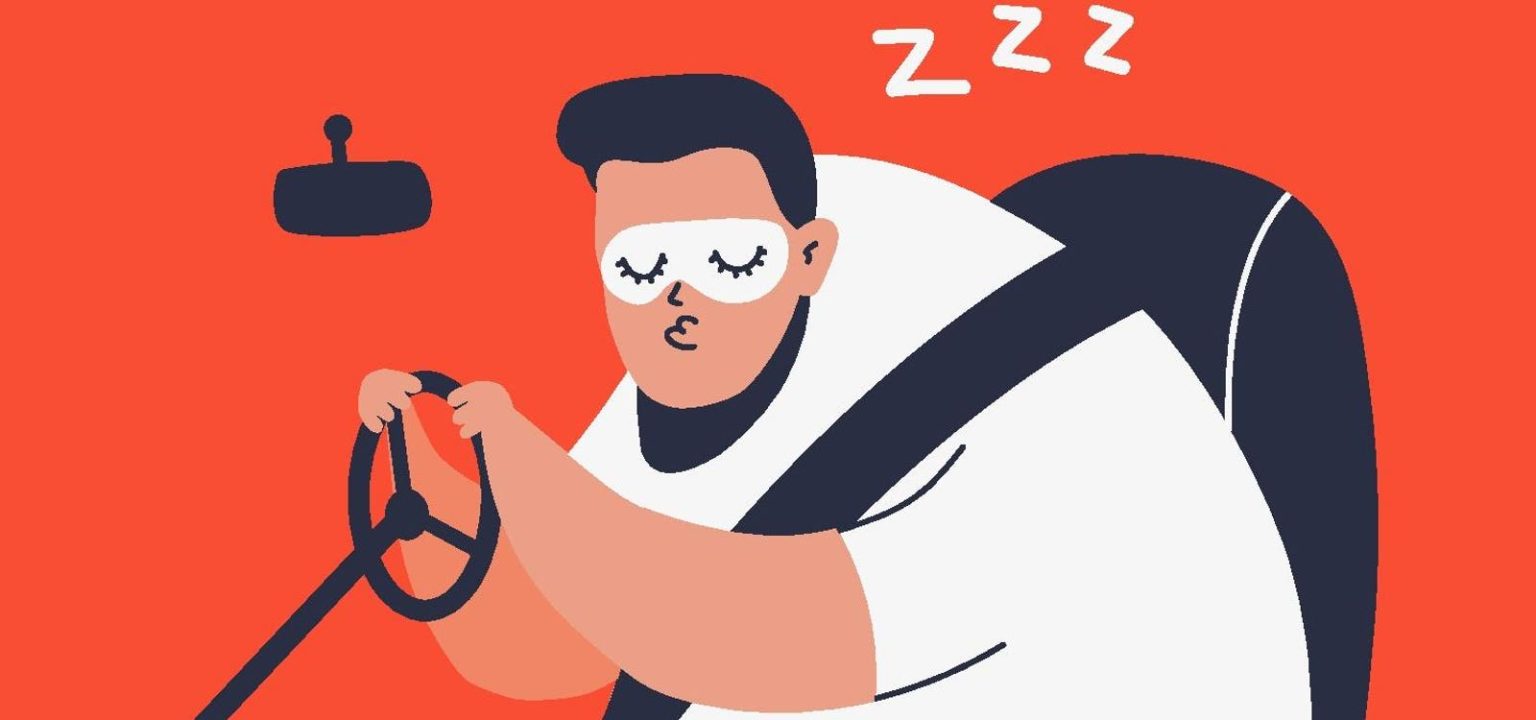Microsleep, a brief state of unconsciousness that can last several seconds, can be incredibly dangerous as it can happen at any hour, not just at night, and may occur without the person even realizing they dozed off. It is characterized by a shift in brain activity to slower theta rhythms, similar to those seen during REM sleep, even when the person’s eyes are open. This can impair attention and awareness, leading to vacant stares and lapses in attention, which can be dangerous in situations that require alertness, such as driving or operating heavy machinery.
The best way to prevent microsleep is to prioritize rest and ensure you’re getting the recommended 7-9 hours of sleep every night. Establishing a bedtime routine, avoiding electronics before bed, limiting caffeine intake, and maintaining a consistent sleep schedule can all help improve the quality of your sleep and reduce the risk of microsleep episodes. It’s important to take sleep as seriously as other aspects of health, as neglecting it can lead to serious consequences, not just for yourself but for those around you as well.
Research suggests that microsleep can lead to errors and accidents in situations that require sustained attention, such as driving on monotonous roads or operating machinery. It can also impair critical decision-making processes, parenting, care-giving, or emergency response situations. By taking steps to prioritize sleep and establish healthy sleep habits, individuals can reduce their risk of experiencing microsleep and the potential dangers that come with it.
Incorporating relaxation techniques, such as listening to music or reading before bed, can signal to your body that it’s time to wind down and prepare for sleep. Avoiding stimulating activities, such as using electronics or consuming caffeine before bed, can help improve sleep quality and reduce the risk of microsleep episodes. Maintaining a consistent sleep schedule and limiting naps during the day can also help regulate your body’s internal clock and promote better quality sleep.
Overall, recognizing the importance of sleep and taking proactive steps to prioritize rest is crucial in preventing microsleep and its potential dangers. By treating sleep with the same care and attention as other aspects of health, individuals can protect themselves and others from the risks associated with microsleep and potentially save lives in the process. If you’re concerned about your sleep quality and its impact on your risk of microsleep, consider taking the Insomnia Severity Index to determine if you may benefit from professional support.


